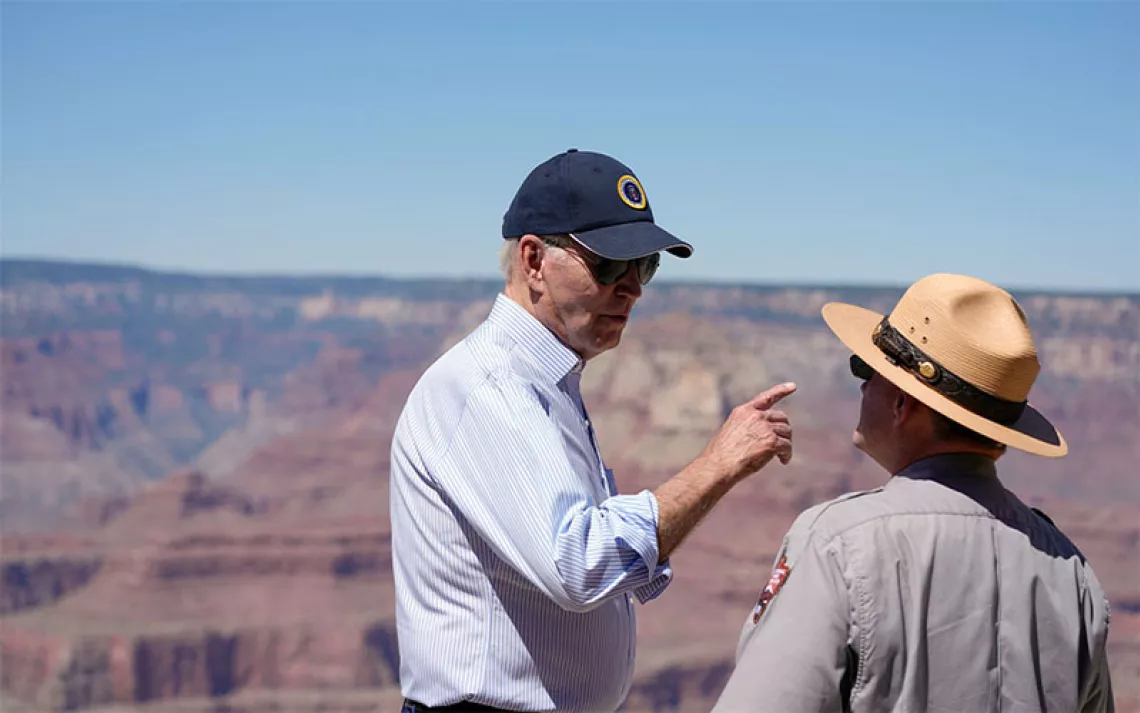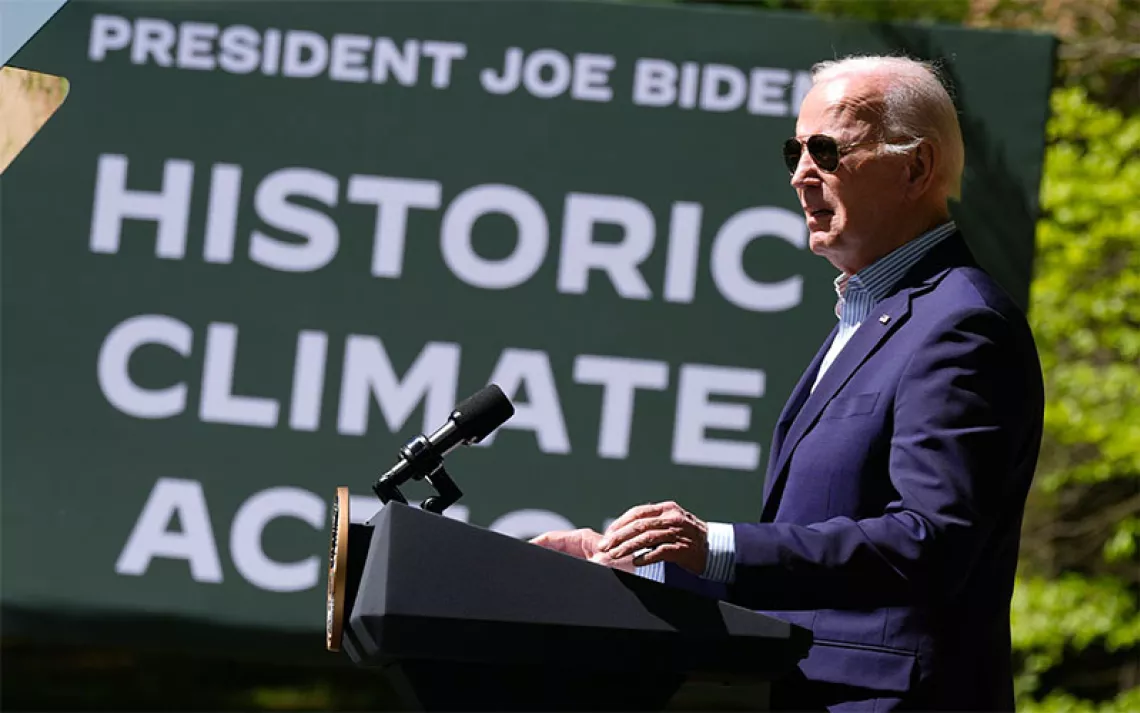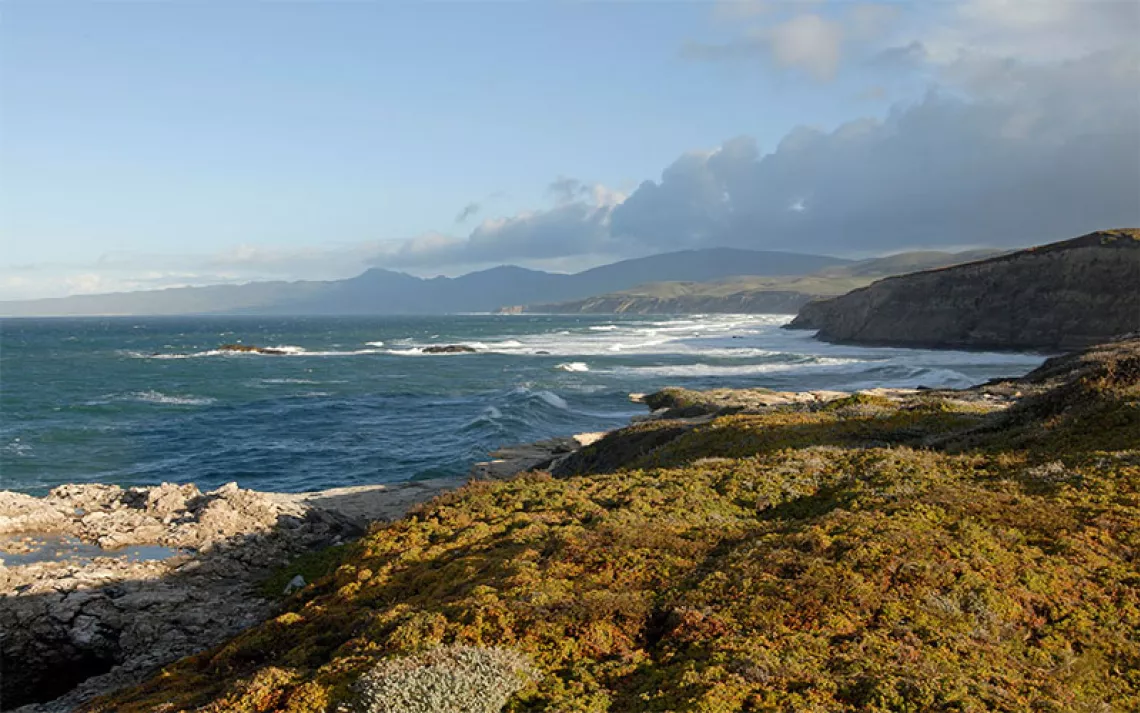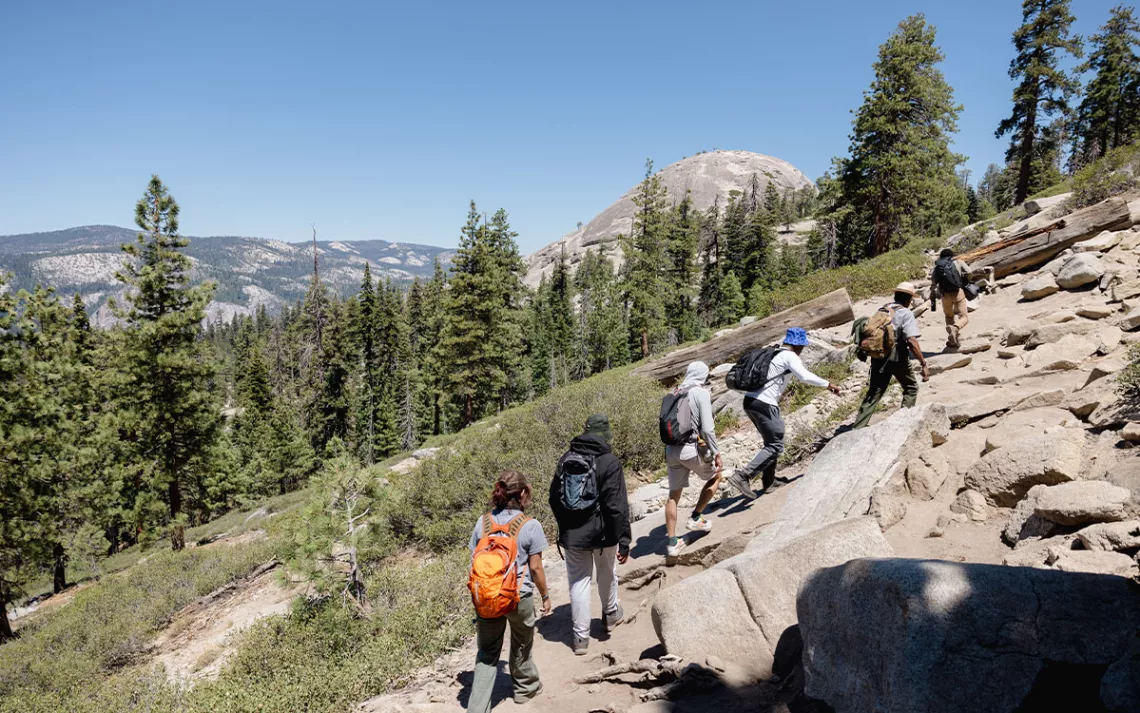Criminal Ranchers Shouldn’t Get a Free Pass on Public Lands
Why is the BLM renewing grazing leases for the Hammond family?

Rancher Dwight Hammond Jr. | Photo by Les Zaita/The Oregonian via AP Photo
The opinions expressed here are solely those of the writer and do not necessarily reflect the official position of the Sierra Club.
When Ammon Bundy and his cabal of armed cowboy terrorists occupied the Malheur National Wildlife Refuge in 2016, they did so purportedly to defend Oregon’s most embattled ranching family, the Hammond clan. The previous year, in 2015, father Dwight and his son Steven Hammond were sentenced to five years in prison for committing arson of public lands. Their felony conviction was just the culmination of a string of misdeeds during which the Hammonds had violated federal regulations and intimidated public servants—and, for a time, the Hammonds were disqualified from grazing their cattle on public lands. Now, however, the outgoing Trump administration is poised to reward these flagrant lawbreakers.
The Bureau of Land Management, which oversees the majority of public land livestock operators, recently announced plans to reissue the Hammond’s grazing permits despite the family’s history of felony crime, aggression against federal officials, and violation of federal grazing regulations. In a proposal released on New Year’s Eve, the BLM said it is considering offering to Hammond Ranches, the family company that since 2015 has been barred from using public lands, 26,000 acres of available forage for its cattle. The agency cited as justification the Hammonds’ “extensive historic use of these allotments, past proper use of rangeland resources, a high level of general need, and advantages conferred by topography."
Conservation groups quickly blasted the proposal. “Giving the permit to the Hammonds shows a flagrant disregard for the rule of law, both by the former permittees and by Secretary Bernhardt, and is clearly a political move rather than a responsible allocation of public lands,” Erik Molvar, executive director of the Western Watersheds Project, an anti-grazing nonprofit, said in a statement.
In a gross omission, the BLM mentioned nothing about the Hammond family’s backstory in its grazing lease proposal. Here’s what the agency left out: In 2012, US prosecutors charged Dwight and Steven Hammond for arsons of public land committed in 2001 and again in 2006. In one of the incidents, the father and son were poaching deer on a BLM parcel and figured the flames would wipe out any trace of the crime. Dwight Hammond’s grandson, Dusty, a member of the hunting party, testified in the case in the federal court. He said that Steven, his uncle, “started handing out boxes of Strike Anywhere matches and said we were going to light the whole country on fire.” Dusty did as he was told, and the towering flames soon surrounded and trapped him. “I thought I was going to get burned up,” he told the court. He fled, sheltering in a stream as the fire engulfed 139 acres. This second crime to cover up the first worked splendidly, destroying, as the US Justice Department noted, “all evidence of the game violations.” Dwight and Steven were convicted of two counts of arson on federal lands.
To really get a sense of the travesty of the BLM’s concession to the Hammonds’ demands for renewed grazing privileges, you need to go back to the 1980s and 1990s. “During my tenure at Malheur NWR, the Hammonds threatened to kill me over their use of a cattle watering hole, a threat I considered to be legitimate,” said Dan Sheill, who I profiled in my book This Land and who worked as a law enforcement officer at Malheur NWR from 1993 to 1997 and repeatedly dealt with aggressions from the Hammond clan.
An Audubon Society lawsuit started the trouble between Sheill and the Hammonds. In the early 1990s, the group successfully sued the Department of the Interior for mismanagement of its wildlife refuges, which resulted in an order from the DOI to examine “incompatible uses” in the refuge system. To satisfy the stipulations of the Audubon suit, the managers at Malheur conducted a review of those incompatible uses, among which was the grazing of cattle on the eastern boundary of the refuge, near Krumbo Lake and Boca Lake, where the Hammonds had a permit and where their herd had repeatedly trespassed into the refuge.
The Hammonds in the past had cut fences and trailed cattle across the refuge, and so the Fish and Wildlife Service started fencing off the area to stop the intrusions. Such restraints on their operations provoked a furious response from the family. Dwight Hammond threatened, bullied, and at one point physically attacked refuge employees. During a meeting in 1987, as I report in my book, Hammond pushed the refuge manager, George Constantino, against a wall, placing his hands around his neck as he did so. In another meeting with Malheur and BLM officials in 1994, Hammond became so angry about limits imposed on his grazing lease that he told Constantino’s successor, Forrest Cameron, “I’m gonna rip your head off and shit down your throat.” The Hammonds told the deputy manager under Cameron that they “would put a chain around his neck and drag him behind a pickup.” Cameron’s home was barraged with anonymous phone callers. “It was terribly vulgar language. They said they were going to wrap my son in barbed wire and throw him down a well,” he recalled. “They said they knew exactly which rooms my kids slept in, in Burns. There were death threats to my wife and two other staff members and their wives.”
When, in April 1994, Cameron met with Dwight and Steven at the boundary site to discuss the fencing project, he brought Sheill along for protection. “Dwight was upset that I was armed and in uniform,” Sheill said. “Well, that’s what we do in law enforcement. He was shaking with fury. He pointed toward me. ‘If that gun comes out, you might as well kill us all.’” Dwight turned to Cameron and pointed at Sheill. “This fine young man, you’re putting him in danger. His blood will spill over this fence.” Yet even as the Hammond family was threatening federal officials with terrible violence, they were happily taking enormous federal farm subsidies from the USDA and other agencies, as much as $1.6 million between 1995 and 2016.
Steven Hammonds’s aggression toward federal officials is part of a larger pattern of violent pathology. Dusty Hammond, from what we know of the public record, was terrified of his grandfather and uncle. “Raising kids is like raising cows,” Steven Hammond told an Oregon sheriff’s deputy when police in 2004 investigated him on charges of child abuse. According to the deputy’s report, “Dusty told me that in the past several months the discipline has gotten worse and worse. Dusty told me that two to three months ago, he and Steve had gotten into an argument about how Dusty was doing his chores.” Steven became “very upset” and “then took Dusty’s face and rubbed it into the gravel.”
The deputy’s report went on with a litany of alleged abuses. Dusty at one point was caught mutilating himself, carving letters into his chest. “Dusty stated that Steve then took him and began to sand the initials off his chest. . . . Steve sanded on each side of his chest for at least five minutes.” The deputy added, “Dusty told me that the process was very painful, but that he did not cry because he knew that Steve would continue the process for a longer period of time.” These were the folks Ammon Bundy had come to Malheur to save.
None of this grisly history—neither the federal convictions nor charges of child abuse—appears to matter for the Bureau of Land Management. It certainly doesn’t matter to Donald Trump, who, like Ammon Bundy, has been a keen friend of the Hammond clan. In July 2018, Trump issued a pardon to both father and son for the arson convictions, noting that they are “devoted family men, respected contributors to their local community [who] have widespread support from their neighbors, local law enforcement, and farmers and ranchers across the West.”
If the BLM has its way, the arsonist welfare ranchers who inspired Bundy’s criminal Malheur takeover will be back on the range soon enough. Grazing cattle on public lands is a privilege, not a right, and it’s definitely not a privilege that should be enjoyed by convicted felons. Canceling this proposed grazing lease should be near the top of the Interior Department’s to-do list once the Biden administration takes over.
 The Magazine of The Sierra Club
The Magazine of The Sierra Club



